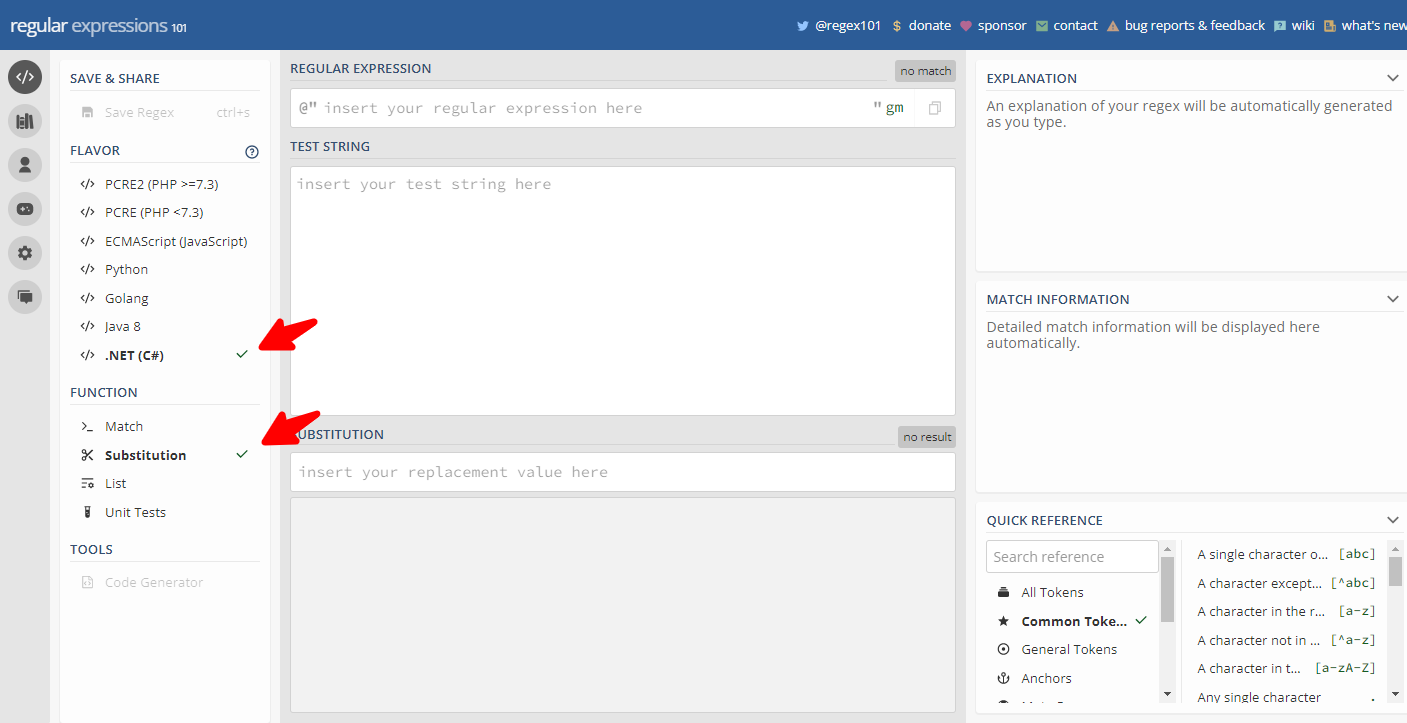Rewriting tags
Previous section showed how you can normalize the tags so that users don’t need to remember the convention that was decided for the team. However, sometimes, users can also forget that specific keywords were chosen and keep using others.
For example, TLP:WHITE was replaced by TLP:CLEAR. However, many articles, reports and other sources still use the old convention. And some users might forget that now, they have to use TLP:CLEAR instead.
Another example includes vendors that use specific prefix or tags to annotate their documents. A vendor could use Retail Banks/ATMs/Credit Cards, Equity Management/Investment Banking, Banks, Equity Management/Investment Banking/Brokerage/Exchanges, and Financial Services » Retail Banks/ATMs/Credit Cards for their reports while your are only interested by a more global tag Financial Sector. You don’t want all these tags in your system when you import the feed.
DocIntel allow you to create rewriting rules to rewrite the tags when they are input by a user, or imported with an importer.
This code is under review and improvement. Differences between your version and the documentation might occurs. Let us know if you spot any discrepancies.
To create a rewriting rules, you first need to rewrite a ruleset. A ruleset will help you keep your rewriting rules more organized. For example, you can have a ruleset for each vendor, for TLP, and one for your own organization.
Once you created a ruleset, you can add a rule. You need to specify a name, a description, a pattern as a regular expression, and a replacement. You can use groups to replace matched elements. We recommend you to use https://regex101.com/ to test your rules (select the .NET engine, and the substitution function).

For example, you can decide to rewrite all tags actors:… to groups:…, to that effect, you can define a rule as follow:
- Name: Rewrite actor to group
- Pattern:
^actor:(?<name>.*)$ - Replacement:
group:${name}
The complete documentation for regular expressions as handled in .NET is available here.
From one tag to multiple tags
Note that the resulting string is then split on the comma
,to lead to the resulting tags. For example, you can rewrite a tag like affectedIndustry:Civil Society » International Governance (NATO/EU) to affectedOrganization:NATO and affectedOrganization:EU by rewriting toaffectedOrganization:NATO,affectedOrganization:EU